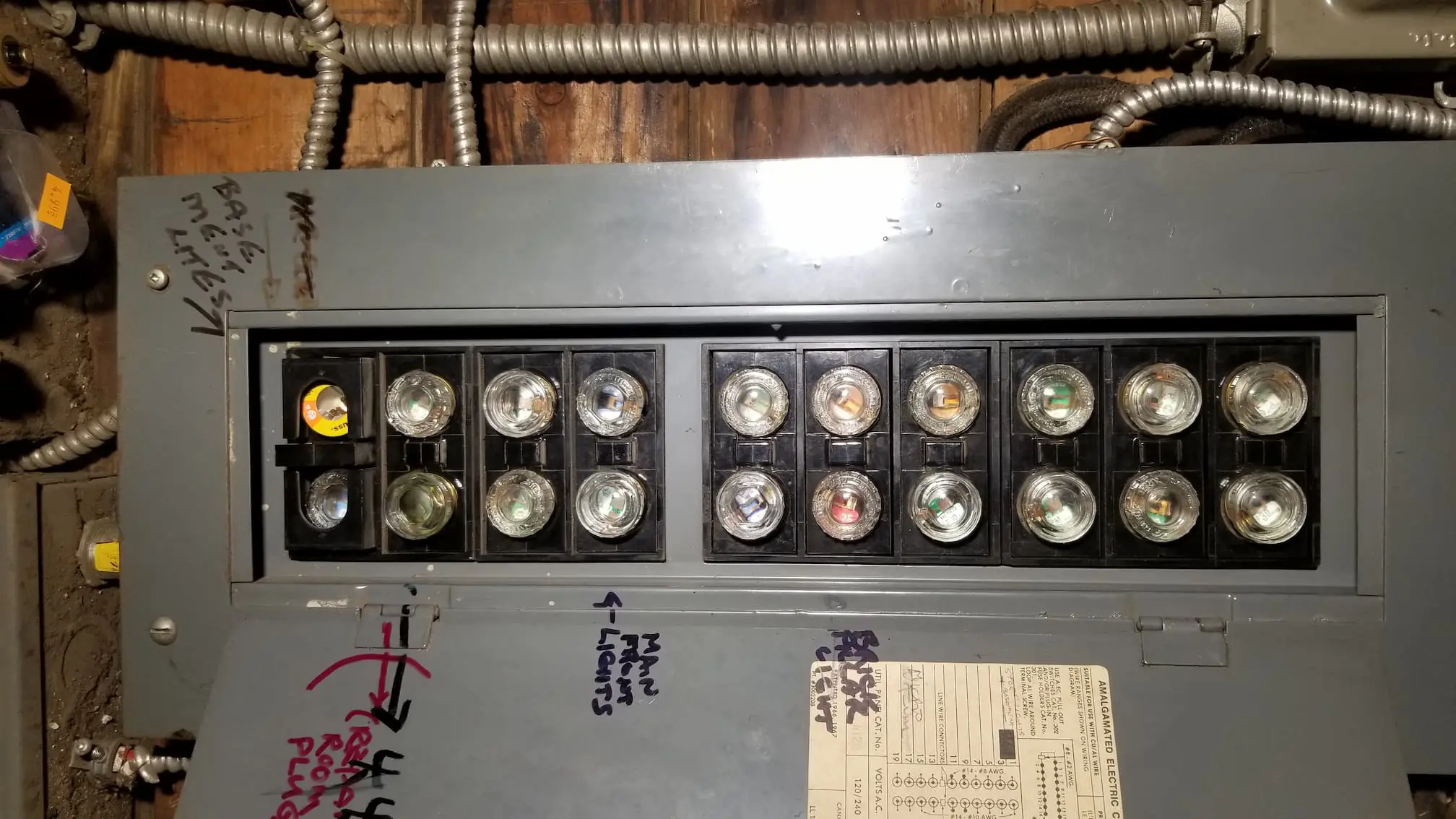Understanding Breaker Panels vs. Fuse Panels
When it comes to managing your home’s electrical system, understanding the difference between breaker panels and fuse panels is crucial. Both systems are designed to protect your home from electrical hazards by controlling the flow of electricity and preventing overloads, but they work in different ways. In this article, we’ll explore the functions, benefits, and key differences between breaker panels and fuse panels, helping you make the right decision for your electrical setup.
What Are Breaker Panels?
Breaker panels, also known as circuit breaker panels or distribution boards, are a modern solution to electrical protection. These panels house circuit breakers that automatically switch off when they detect an overload or short circuit. The purpose of a circuit breaker is to stop the flow of electricity before it causes damage to the electrical wiring, appliances, or potentially leads to a fire hazard.
A circuit breaker operates by using an electromagnet or a bimetallic strip that detects a surge in current. Once the current exceeds a safe level, the breaker trips and disconnects the circuit, preventing any further flow of electricity. Unlike fuses, which need to be replaced after a blow, circuit breakers can simply be reset, which is more convenient and cost-effective in the long run.
Advantages of Breaker Panels:
- Reusability – Once a breaker is tripped, you can easily reset it, eliminating the need to replace parts.
- Safety – Circuit breakers offer better protection against overloads and short circuits, reducing the risk of electrical fires.
- Ease of Use – Breaker panels are user-friendly and allow homeowners to quickly identify and reset a tripped breaker.
What Are Fuse Panels?
Fuse panels, on the other hand, are older electrical systems that rely on fuses to protect the electrical circuit. A fuse consists of a metal wire or strip that melts when too much current passes through it. When this happens, the circuit is broken, and the electrical flow is stopped. Once a fuse blows, it must be replaced to restore the flow of electricity.
Though fuse panels were commonly used in homes before the advent of breaker panels, they have become less popular due to the fact that replacing fuses can be inconvenient and costly over time. Fuses are also less accurate than circuit breakers in terms of the protection they offer. In the event of an overload, a fuse may take longer to blow, and in some cases, it may not blow at all, which could lead to damage or fire hazards.
Advantages of Fuse Panels:
- Simplicity – Fuse panels are simple and straightforward, without the need for complex mechanisms.
- Cost-Effective – Fuses tend to be cheaper to replace compared to circuit breakers.
- Stay informed with Techsslash—covering tech news, gadget reviews, celebrity buzz, fashion trends, mobile tips, and digital lifestyle guides.
- Durability – Fuse panels have been used for many years and have a proven track record of reliability in basic electrical systems.
Which is Better: Breaker Panel or Fuse Panel?
The choice between a breaker panel and a fuse panel largely depends on your specific needs and the age of your home. While fuse panels were once the standard, breaker panels are the more advanced and safer option. Breaker panels provide more efficient protection against electrical hazards, and since they can be reset instead of replaced, they offer greater convenience and long-term savings.
In addition, breaker panels are more versatile, allowing you to add new circuits if necessary. Fuse panels, while functional, are limited in their capacity to accommodate modern electrical demands, which is one reason why they’re often replaced during home renovations or electrical upgrades.
Need an Electrician in Los Angeles?
If you’re in need of electrical services, whether it’s a new installation or an upgrade to your existing system, you can easily order an electrician in Los Angeles on Brentwoodelectricalexpert. Their team of certified electricians is available to assist with all of your electrical needs, ensuring your home is safe and up to code. Whether you need to replace a fuse panel or install a new breaker panel, you can trust brentwoodelectricalexpert.com to provide reliable and professional service.
How to Choose Between Breaker and Fuse Panels
When deciding whether to upgrade from a fuse panel to a breaker panel, there are several factors to consider. For older homes, a fuse panel may be in place, but if you’re renovating or replacing outdated electrical systems, installing a breaker panel is often the best choice. Breaker panels are the standard for modern homes, providing better protection, ease of use, and the ability to handle increased electrical loads.
If you’re not sure which system is best for your home, consulting with a professional electrician is always a good idea. A licensed electrician can evaluate your current electrical setup, discuss your needs, and recommend the right solution based on safety standards and your long-term goals.
Conclusion
Understanding the differences between breaker panels and fuse panels is essential when maintaining or upgrading your home’s electrical system. Breaker panels are the more modern, convenient, and safer option, while fuse panels can still serve in basic applications but may not offer the level of protection required for today’s electrical demands. Regardless of your choice, it’s important to have an expert electrician assess your home and provide the appropriate solution. Remember, if you need help with electrical installations or repairs in Los Angeles, you can always turn to brentwoodelectricalexpert.com for trusted and professional service.







